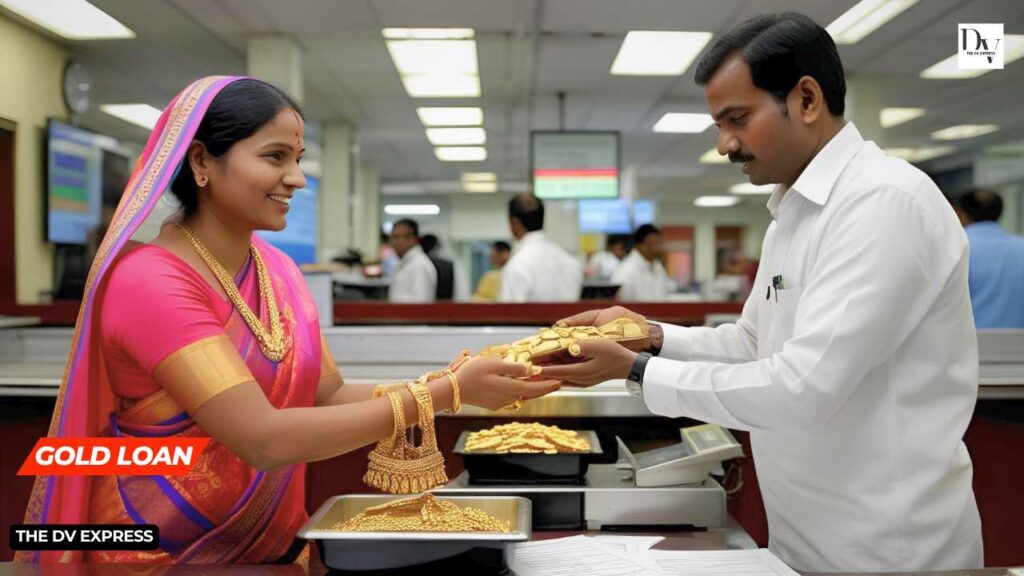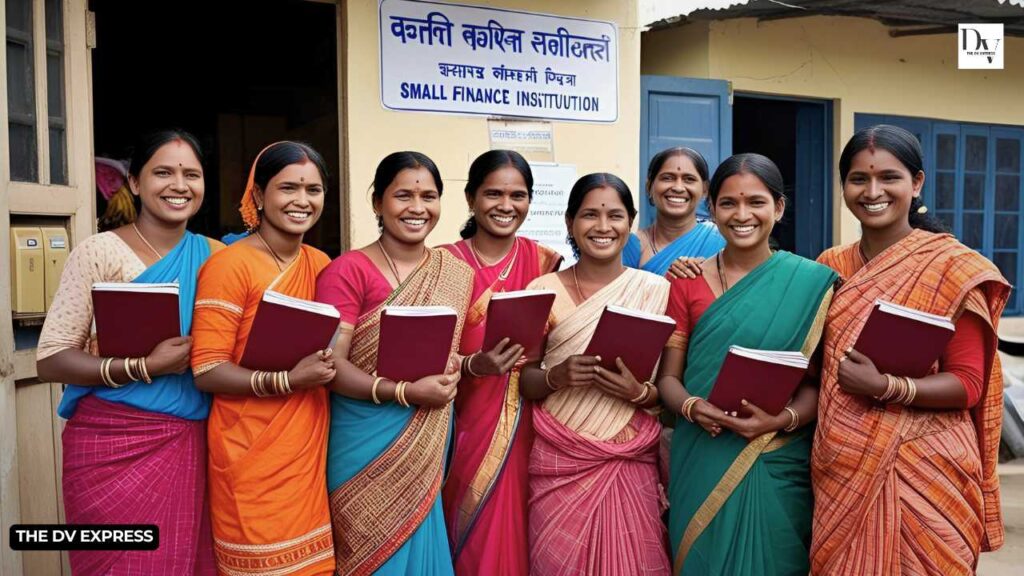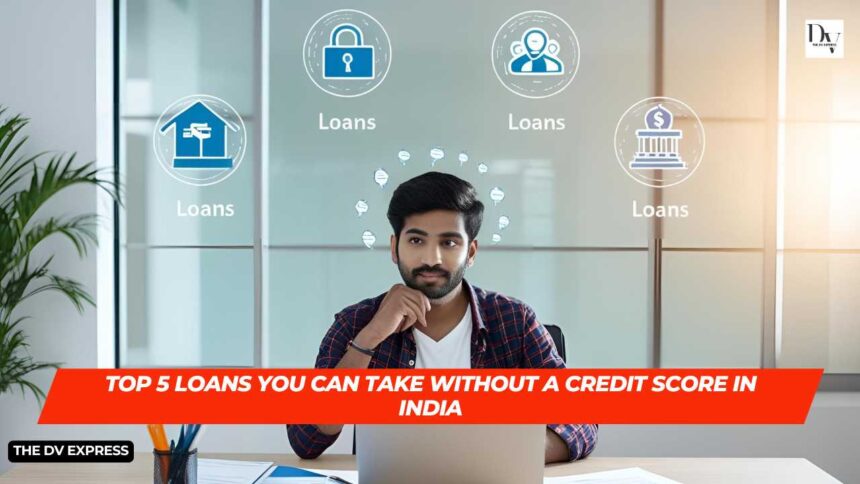Introduction
In India, your credit score plays a significant role in loan approvals. But what if you don’t have one? Whether you’re just starting your financial journey or haven’t used credit products yet, not having a credit score shouldn’t stop you from accessing funds when you need them the most.
In this article, we’ll walk you through five types of loans that are available even without a credit score, along with real-world tips, bank options, and eligibility advice. Whether it’s for education, emergency needs, business, or personal goals, you’ll know what to do next.
Why Credit Score Matters — and What Happens If You Don’t Have One?
Banks and financial institutions use your credit score (usually from CIBIL or Experian) to assess whether you’re reliable. A higher score (750 and above) indicates you’re a trustworthy borrower.
But if you don’t have a credit history (called a “thin file” or “new to credit” profile), lenders don’t have any reference to judge you — which makes them cautious.
Still, there are some loan types and providers who accept borrowers with no credit score, and here’s how you can use them smartly.

1. Gold Loan – When Your Jewelry Works as Your Credit
What it is: A secured loan where you pledge your gold (usually 22K or higher purity) and receive money based on its value.
- Eligibility: No credit score required
- Loan amount: ₹10,000 to ₹1 crore depending on gold weight
- LTV (Loan to Value): Up to 75% of gold value
- Interest rate: 7%–14% per annum
- Tenure: 3 to 36 months
Where to Apply:
- Muthoot Finance
- Manappuram Finance
- HDFC Bank
- ICICI Bank
Why it’s great: Your gold acts as collateral. Since it’s a secured loan, banks don’t worry much about your credit score. You can use this for emergencies, wedding expenses, education, or home repair.
Pro Tip: Repay on time to avoid auction of gold. Check the purity requirement (minimum 18K) before pledging.
2. Loan Against Fixed Deposit – Build Your Credit History the Smart Way
What it is: You deposit a fixed amount in an FD and get a loan against that FD, typically up to 90% of its value.
- Eligibility: No credit history required
- Loan amount: Based on FD value
- Interest rate: 1%–2% higher than FD rate
- Tenure: Till FD maturity
Where to Apply:
- SBI
- Axis Bank
- ICICI Bank
- HDFC Bank
Why it’s great:
Even students and homemakers can use this route to get their first loan without a credit score. The FD remains untouched, and your interest continues to earn.
Example: You open a ₹1 lakh FD. You can get a ₹90,000 loan immediately at minimal interest.
3. Microfinance Loans – Financial Inclusion at its Best
What it is: Loans offered by microfinance institutions (MFIs) mainly to self-employed individuals, women entrepreneurs, or low-income groups in rural or semi-urban areas.
- Eligibility: No CIBIL score needed
- Loan amount: ₹10,000 to ₹2 lakh
- Interest rate: Around 18%–24%
- Tenure: 1 to 5 years
Where to Apply:
- SKS Microfinance
- Spandana Sphoorty
- Ujjivan
- Janalakshmi
Why it’s great: Ideal for small businesses, homemakers, and new entrepreneurs who lack access to traditional banks.
Pro Tip: Some MFIs even offer group loans where 4–5 people take joint liability, increasing approval chances.
4. Business Loans from Government Schemes (Like MUDRA)
What it is: Unsecured loans offered under government initiatives to support micro and small businesses.
- Eligibility: New or existing businesses
- Loan amount: ₹50,000 (Shishu), ₹5 lakh (Kishor), ₹10 lakh (Tarun)
- Interest rate: As per bank discretion (~9%–15%)
- Tenure: Up to 5 years
Where to Apply:
- Any scheduled commercial bank
- Regional Rural Banks (RRBs)
- NBFCs like SIDBI
Why it’s great: You don’t need a credit score — just a viable business plan or existing income-generating activity. Perfect for first-time business owners, freelancers, or local service providers.
Bonus Tip: Also check PMEGP (Prime Minister’s Employment Generation Program) for manufacturing/service-based projects.
5. Peer-to-Peer Lending (P2P Loans)
What it is: A digital platform that connects borrowers and lenders directly — like a financial matchmaking service.
- Eligibility: Minimal documentation, no credit score required
- Loan amount: ₹5,000 to ₹5 lakh
- Interest rate: 12%–30%
- Tenure: 3 to 36 months
Where to Apply:
- Faircent
- LenDenClub
- i2i Funding
Why it’s great: If you don’t qualify for bank loans, you can pitch your story to individual lenders. Many borrowers get accepted based on income proof, job type, and repayment intent.
Caution: These loans come with high interest, so borrow only if you’re confident of repaying.

Real-Life Story: How Arjun Got His First Loan Without a CIBIL Score
Arjun, a 26-year-old freelance graphic designer from Lucknow, needed ₹1.5 lakh for a new laptop and software license. With no prior credit history, he approached his bank — and was denied.
He then:
- Pledged his mother’s gold and took a gold loan from Muthoot Finance
- Used that loan responsibly and repaid in 6 months
- Built a credit history and later got a personal loan from HDFC
Moral? You just need to start somewhere smart.
Bonus Section: Tips to Build Credit from Scratch After Getting Your First Loan
- Repay EMIs before the due date.
- Keep your credit utilization low (if using a credit card).
- Avoid applying for multiple loans at once.
- Use small loans like BNPL (Buy Now Pay Later) or secured credit cards to build credit.
- Monitor your credit score every 3 months (CIBIL, Experian, or CRIF).
Conclusion
Not having a credit score doesn’t mean you’re ineligible for a loan in India. By choosing the right loan type — like gold loans, loans against FD, or even microfinance — you can not only fund your needs but also build a strong credit profile for the future.
Start small. Repay on time. Grow big.
About the Author
Divyanshita Singh is a Chartered Accountant and financial content strategist with over 5 years of experience in personal finance, loans, taxation, and legal compliance. Her mission is to simplify money decisions for young Indians through clear, trustworthy guidance.
